It’s not All or Nothing (re: Social Media)
May 19, 2014
One day, my daughter left her homework at school. After some cross-examination gentle probing, we figured she left it in the library. I suggested perhaps it is because she was having so much fun hanging out with her friends she neglected her responsibility of bringing home her homework.
The next day, she climbs into my car after school and starts bawling. The kind that makes a ton of noise but no real tears.
“Mom, I still couldn’t find it. I am so sorry. I promise I will NEVER EVER talk to my friends again, you can GROUND ME FOREVER. No TV or VIDEO GAMES or BOOKS, I will NEVER do anything FUN ever AGAIN. I am sorry!” Wahhhhhhh. Yes, if you have never engaged the angst of pre-teen drama, it is not for the faint of heart.
After I told her to shut the heck up calm down honey, I said to her she will need to deal with the consequences of losing her homework, yes, but there’s no need to self-inflict FOREVER punishment. “You’re still learning,” I gave her the grace she needed.
Maturing into adulthood involves the slow process of managing responsibilities and consequences. We gradually take over reins of parental controls and make decisions for ourselves regarding our own well-being and wholeness. This requires critical thinking abilities, not yet formed in children, to apply filters in what we consume and how to respond appropriately.
The internet has made a skeptic of me. I used to be incredibly naive. I once held a twenty minute long conversation with a telemarketer, while they explained to me how it is exactly, I have won a boat and an all expense paid vacation to Disney World. But I have been fooled so many times on the internet by fake memes, doctored images, false urban legends, and been corrected by Snopes.com too many times to believe anything anymore. Now, I question EVERYthing.
That is why, when several of my Facebook Friends shared the recent viral video, “Look Up” spoken poetry, I instinctively doubted its validity. I felt it was overly sensational, and frankly a bit condescending – as if responsible adults cannot manage to use technological tools with proper boundaries. Most of all, I felt defensive, because I have seen the ways social media has been used for good; to spread good ideas, to give a voice to those kept silent by traditional media, to spark freedom movements in Egypt, Syria, and in my home country of Taiwan. For more pushback on this particular video, see here, here, and this excellent piece on how tech is not our enemy.
A prime example of social media being used for good occurred soon after Look Up was released. The tragic story of 270 kidnapped Nigerian school girls trended widely on social media under the hashtag #BringBackOurGirls. Although the social justice side of me celebrated this activism, the internet skeptic in me took over. I grew doubtful of emotional manipulation and suspected slacktivism or clickivism, the idea that people click online feeling good about themselves and walk away without confronting the grave injustices more fully.
In the end, a skeptic is helpful insofar as he provokes the status quo and stirs the crowd into greater imagination. A consistently critical stance eventually leads to paralysis. Without critical thinking and proper filters, we dissolve into uncontrollable tantrums.
Internet poet dude, STOP telling me how to live my life – I heart my iPhone FOREVER!!
#BringBackOurGirls #Justice #LatestTrendyCause #IAmAwesomeBecauseIHashtagSaveTheWholeWorld
or
We will NEVER use a smartphone EVER AGAIN.
We REFUSE to hashtag ANYTHING
But we must let our adult sensibilities help us act responsibly without becoming so jaded as to snuff out the child-like enchantment within us for the impossible. The problem with our Nigerian girls is complex, involving political strife, obsession with violence, systematic racism and marginalization of girls, and sustained, extreme poverty. And no, our tweeting the #BringBackOurGirls is not going to solve the problem and cannot tackle the root cause. But there is truly no hope for the Nigerian girls and the rest of us if we don’t arouse the dogmatic optimism we held as children filled with wonder. When I see my son question whether dogs can fly, I know deep inside of me, there is a spark that believes every girl should and CAN go to school. And if I have to stare down the internet skeptic in me, I will do it with my last breath.
#BringBackOurGirls
It’s not all or nothing. There is good reason the spoken word poetry resonated with 3.6 million people and counting. We are stirred to consider the cost of the rapid speed in which screens took over our modern lives. But we don’t have to give up social media altogether – the world doesn’t work that way. We can’t extract ourselves from the increasingly online world, but we can learn to make wise choices and transform it into a tool for good.
It’s not all or nothing. There are severe limitations to hashtag activism and we should critique it. But we don’t have to give it up either. Because the hashtag represents a symbol of solidarity – its social function binds us to one another for a common cause. A cause to raise a voice to right something very, very wrong.
Like my pre-teen daughter, we are a social media saturated generation facing rapid changes and tentatively feeling out our identity in the world. We will also make mistakes and deal with the consequences of our behaviors. But we are still learning – there is grace enough for us.
To conclude, check out my favorite advocate of the #BringBackOurGirls campaign – sister is awesome.
*What did you think of the Look Up video? Did you share the hashtag #BringBackOurGirls? What are your thoughts on internet activism?*